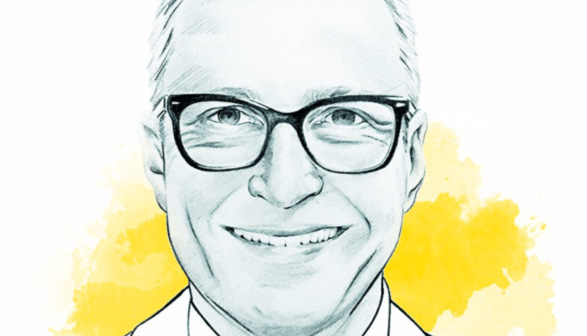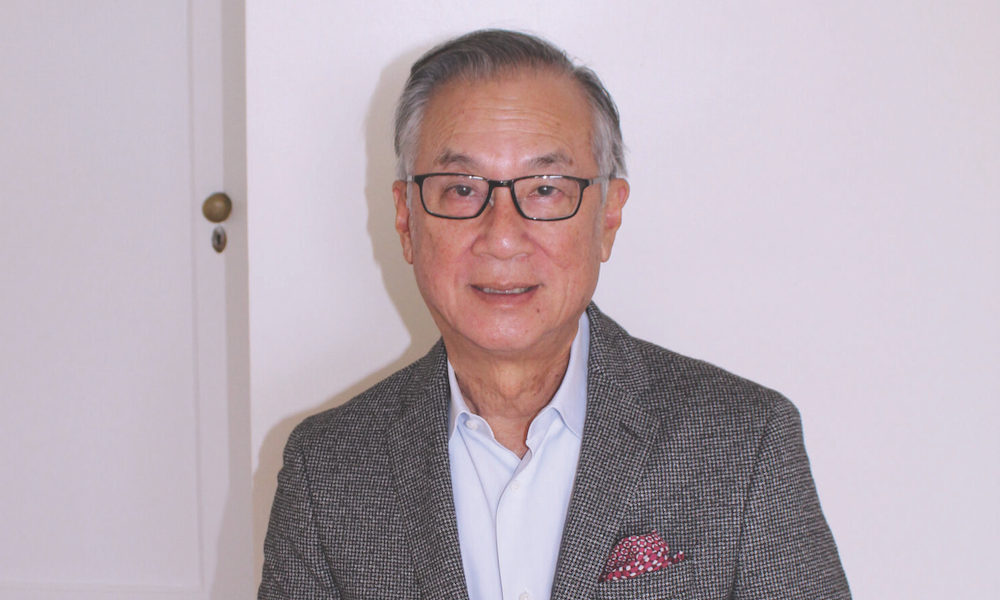Purpose can be measured after all, as the IFC is showing.
Purpose has long been considered an intangible. Not any more. The International Finance Corporation (IFC), a member of the World Bank Group, has changed the game with its invention of the Anticipated Impact Measurement and Monitoring (Aimm) system. The groundbreaking mechanism examines how a project affects stakeholders and explores the wider effects on the economy and society. And it runs deep: investigating how projects promote competitiveness, resilience, integration within and across markets, inclusiveness, and sustainability.
One Great Mind behind the framework is Stephanie von Friedeburg, chief operating officer at the IFC. She explains how Aimm relates directly to specific, measurable outcomes tied to market creation and the degree to which projects unlock private investment. “We have essentially turned purpose into a scorecard metric,” she says.
IFC has a purpose of its own: to alleviate poverty and create shared prosperity. Three years ago, this drove it to define a new strategy.
The strategy – IFC 3.0 – attempts to meet the most difficult development challenges in the most fragile countries and regions, putting the private sector, and by extension IFC, at the heart of development. Yet for it to work, IFC has had to loosen the strictures that typify global business practice. Tight investment rules and regulations are being replaced by purpose-driven guardrails – a set of broad guidelines and shared, transparent metrics that reject command and control and instead empower people to innovate and formulate creative solutions themselves. Purpose should not be a rulebook.
“Today, every project is approved by our board,” von Friedeburg says. “But as we continue to grow, we are realizing that this simply is not sustainable. IFC needs the board to delegate more of its authority to management. Quantifying impact through a framework like Aimm is a first step in helping gain the board’s confidence to move toward greater delegation. It is also heightening the focus and attention of staff and giving us a means to ensure that we generate the impact to which we aspire in a financially sustainable manner.”
Balancing freedom with oversight is an evergreen challenge. IFC is managing the interchange commensurately. Von Friedeburg avoided defining a minimum score that projects need to achieve. Instead, teams throughout IFC were encouraged to balance impact and profitability across their investment programmes in different regions and sectors. This enables them to make conscious trade-offs, but with transparency in measurement.
“We want to push upstream and address policy and regulatory constraints that are prohibiting and/or limiting private investment,” von Friedeburg says. “Then we, or others, can finance them. To generate the jobs and economic growth needed to pull people out of poverty, we can’t wait for commercial institutions to come to us. We have to create those opportunities. Aimm helps us figure out how to do it.”
Von Friedeburg has done what was once unimaginable – devising a system for quantifying purpose while simultaneously relaxing the rules that impede its potential impact.
It is working. Purpose has reinvigorated IFC’s sustainability. The organization is on track to double its book of business by 2030. Most interestingly, 40% of that will come from the most fragile countries.
— Michael Chavez is co-author of new book Rehumanizing Leadership and an educator in Duke CE’s Building Strategic Agility online course. A version of this column originally appeared on Forbes.com.




